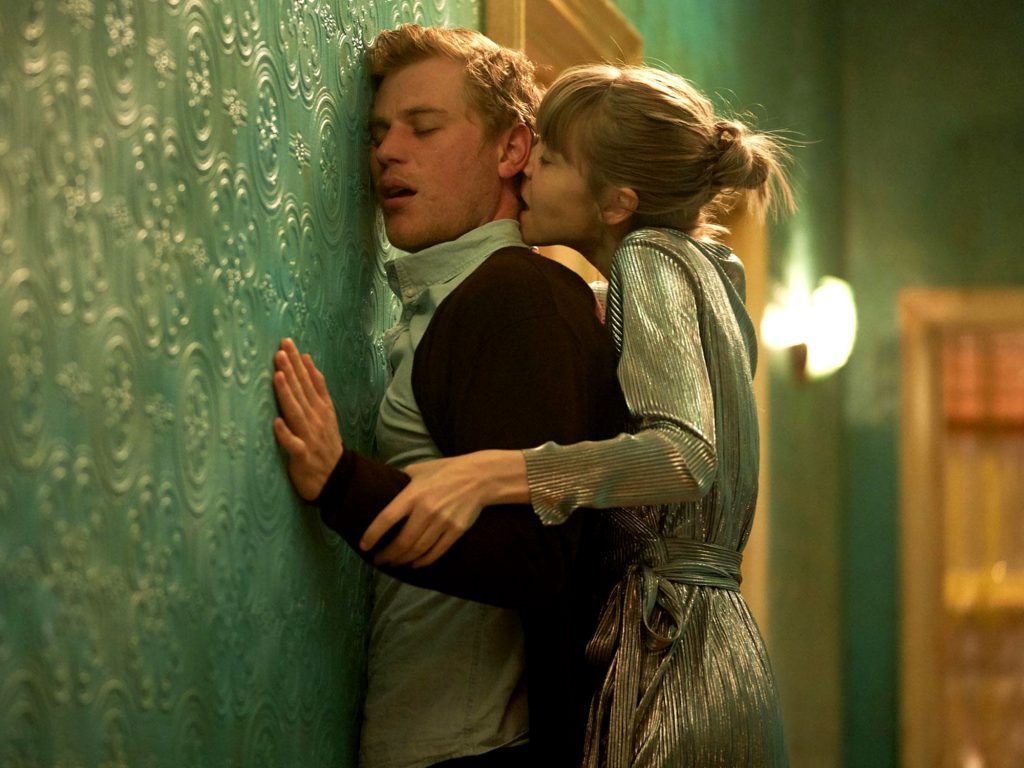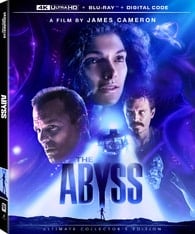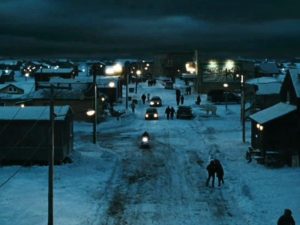There have been some legendarily bad film posters in the past few years: the photoshopped monstrosity of The Heat; the inexplicable chaos of 6 Underground; the unintentionally adorable serial killer notes for The Snowman.
Yet none were as strange as the Cordelia poster, which convinced all who saw it that this was a sexy period drama which might include some light pegging. Alas, Adrian Shergold’s film is instead a modern psychological thriller about a woman recovering from a traumatic incident on the Tube and tentatively forming a relationship with her charming cellist neighbour.
Cordelia (Antonia Campbell-Hughes, who co-wrote the screenplay with Shergold) lives with her twin sister Caroline (also Campbell-Hughes) and bears the psychological scars of an oft-alluded to “incident”. Cordelia is a jobbing actor understudying at The Donmar and is the quieter, more unassuming of the pair, while Caroline is heavily made-up, pierced and always in something sheer and sexy. There is a slightly surreal tone to their interactions, both speaking in a disjointed, over-enunciated monotone that suggests either could be the figment of the other’s imagination.
The film’s treatment of trauma is bold: everyone who encounters Cordelia is fascinated by what happened to her and titillated by their proximity to this event. She is desperate to move forward but reminded of what happened at every turn. A chance encounter with her neighbour, Frank (Johnny Flynn), seems to be exactly what Cordelia needs.
There’s a rom-com lightness to their walks through Covent Garden, and Frank exudes an easy warmth that gently penetrates Cordelia’s tight-as-a-snare-drum exterior. However, this being a psychological thriller and all, things quickly take a turn for the worse. By the time they are having drinks in Soho, the film has transformed into a neo noir and Frank’s sinister side slowly reveals itself.
Cordelia is a film of two halves and, unfortunately, only one of them is good. The first hour is tightly paced, with a cat-and-mouse game beautifully played between Campbell-Hughes and Flynn. Aside from an inexplicable Michael Gambon cameo, there is much to admire – it is gorgeously styled and tense with exhilarating shifting power dynamics. But the film runs out of ideas with 30 minutes on the clock. Though the performances remain engaging, the established plot points are repeated ad nauseam in the final act.
The final few minutes are the worst of all. The film seems to end not because the story has concluded but because it has simply run out of time. Perhaps a kinky period drama was the way to go after all?
ANTICIPATION.
Terrible marketing aside, a great psychological thriller is hard to resist. 3
ENJOYMENT.
This is great! Until it isn’t. 3
IN RETROSPECT.
On reflection, Michael Gambon wasn’t actually the worst part. 2
Directed by
Adrian Shergold
Starring
Johnny Flynn, Antonia Campbell-Hughes, Michael Gambon
The post Cordelia appeared first on Little White Lies.




